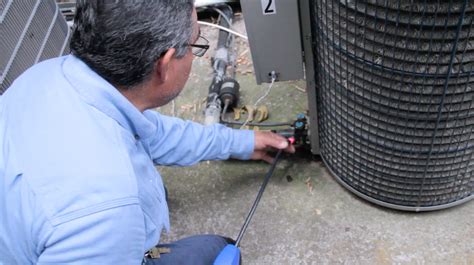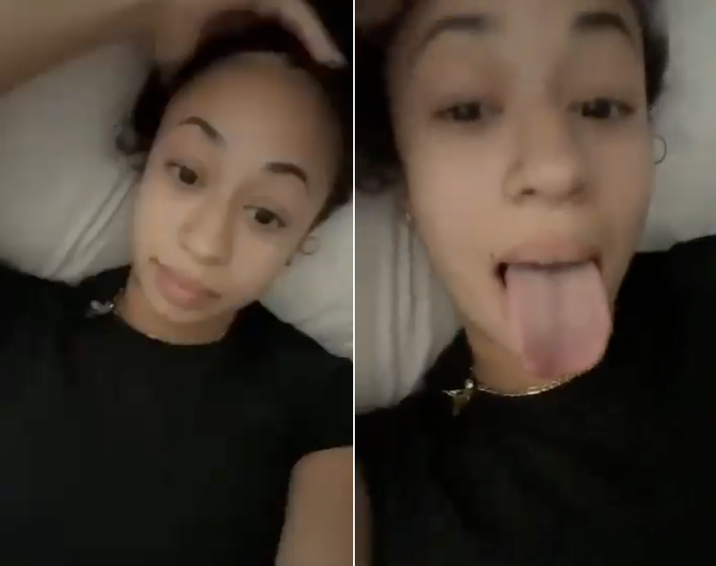AC Leak Detection: Quick Fixes and Prevention Tips

In the scorching heat of summer or the bitter chill of winter, your air conditioning (AC) system is your trusted ally. But what happens when this essential appliance starts leaking? AC leaks can lead to water damage, mold growth, and even system failure if left unattended. This comprehensive guide delves into the world of AC leak detection, offering quick fixes and prevention tips to keep your cooling system running smoothly.
Understanding AC Leaks: Causes and Consequences
Before we dive into solutions, let’s understand the root causes of AC leaks. Air conditioners operate by removing heat and humidity from indoor air. During this process, condensation forms on the evaporator coil, which is typically collected in a drain pan and directed outside through a condensate drain line. Leaks occur when this system malfunctions.
Common causes include:
- Clogged Drain Lines: Dust, dirt, algae, or other debris can obstruct the drain line, causing water to back up and overflow.
- Damaged Drain Pan: Cracks or holes in the drain pan allow water to escape, leading to leaks.
- Improper Installation: Incorrectly installed drain lines or pans can result in leaks due to poor alignment or sealing.
- Frozen Evaporator Coils: When coils freeze, the subsequent thaw can release a large amount of water, overwhelming the drain system.
- Worn-out Seals and Gaskets: Over time, seals and gaskets around the AC unit can degrade, allowing water to seep out.
Ignoring AC leaks can have serious repercussions: * Water Damage: Leaks can damage walls, ceilings, floors, and furniture, leading to costly repairs. * Mold and Mildew Growth: Moist environments promote mold and mildew, posing health risks and causing unpleasant odors. * System Malfunction: Leaks can damage electrical components, leading to system breakdowns and expensive repairs.
Quick Fixes for AC Leaks
Upon discovering a leak, take immediate action to minimize damage and identify the source. * Turn Off the AC: Shut down the system to prevent further water accumulation and potential electrical hazards. * Locate the Leak: Follow the water trail to identify the source. Common leak points include the drain pan, drain line, or around the indoor unit. * Clear Clogged Drain Lines: Use a wet/dry vacuum or a mixture of vinegar and baking soda to clear blockages in the drain line. * Patch Small Holes: For minor cracks or holes in the drain pan, use a waterproof sealant specifically designed for AC systems. * Check for Frozen Coils: If you suspect frozen coils, turn off the AC and allow them to thaw completely before restarting.
Preventive Measures: Keeping Leaks at Bay
Prevention is always better than cure. Implement these proactive measures to minimize the risk of AC leaks: * Regular Maintenance: Schedule annual professional maintenance to inspect and clean your AC system, including the drain line and pan. * Change Air Filters Regularly: Dirty filters restrict airflow, leading to ice buildup on coils and potential leaks. Replace filters every 1-3 months. * Keep the Area Around the AC Unit Clear: Ensure proper airflow around the outdoor unit by removing debris, vegetation, and obstructions. * Install a Condensate Pump: If your AC is located in a basement or area prone to flooding, consider installing a condensate pump to remove water more efficiently. * Use a Water Alarm: Place a water alarm near the AC unit to alert you to leaks before they cause significant damage.
When to Call a Professional
While some AC leaks can be addressed with DIY solutions, others require professional expertise. Contact a qualified HVAC technician if: * You cannot locate the source of the leak. * The leak is severe or persistent. * You suspect damage to the evaporator coil or other internal components. * You are uncomfortable performing repairs yourself.
FAQ Section
How often should I clean my AC drain line?
+ div>It's recommended to clean your AC drain line at least once a year, preferably during annual maintenance. However, if you live in a humid climate or notice slow drainage, more frequent cleaning may be necessary.
Can I use bleach to clean my AC drain line?
+While bleach can kill mold and mildew, it can also damage the drain line and other AC components. Opt for a mild vinegar and water solution or a commercial AC drain cleaner specifically designed for this purpose.
What are the signs of a frozen evaporator coil?
+Signs of a frozen evaporator coil include reduced airflow, warm air blowing from the vents, and ice buildup on the indoor unit. If you suspect a frozen coil, turn off the AC and allow it to thaw completely before restarting.
How much does it cost to repair an AC leak?
+The cost of repairing an AC leak varies depending on the severity of the problem and the required repairs. Minor leaks, such as a clogged drain line, may cost around $100-$200 to fix. More extensive repairs, such as replacing a damaged drain pan or evaporator coil, can range from $500 to $2,000 or more.
Can I prevent AC leaks by using a dehumidifier?
+While a dehumidifier can help reduce humidity levels in your home, it does not directly prevent AC leaks. However, by lowering humidity, you can reduce the workload on your AC system and potentially minimize the risk of condensation-related leaks.
Conclusion
AC leaks can be a frustrating and potentially costly problem. By understanding the causes, implementing preventive measures, and addressing leaks promptly, you can protect your home and ensure the longevity of your air conditioning system. Remember, regular maintenance and timely professional intervention are key to keeping your AC running smoothly and leak-free.



